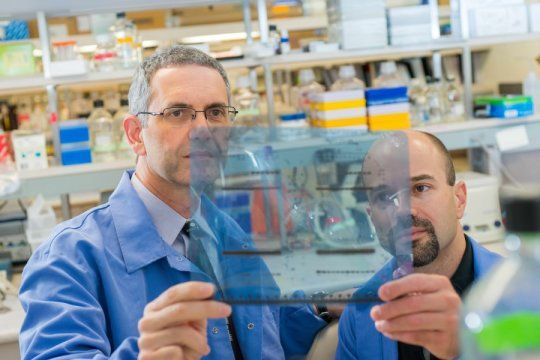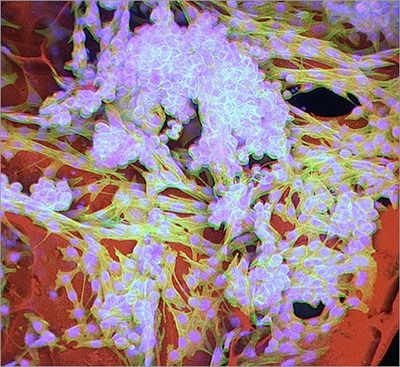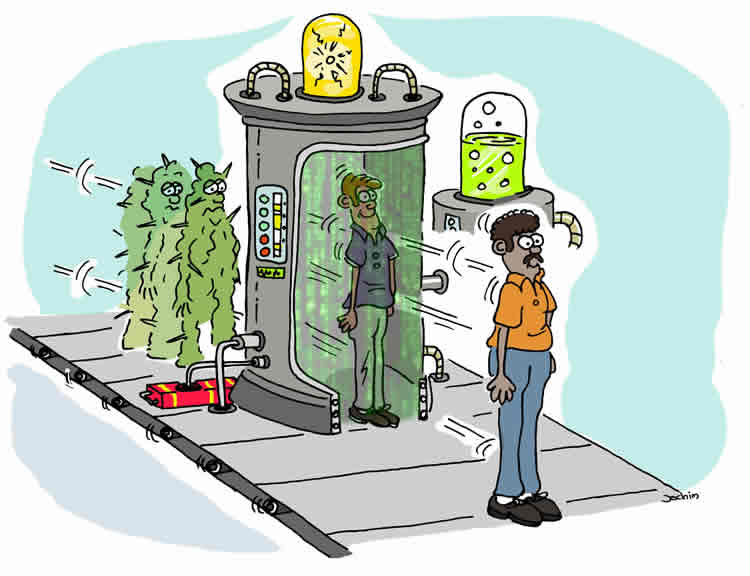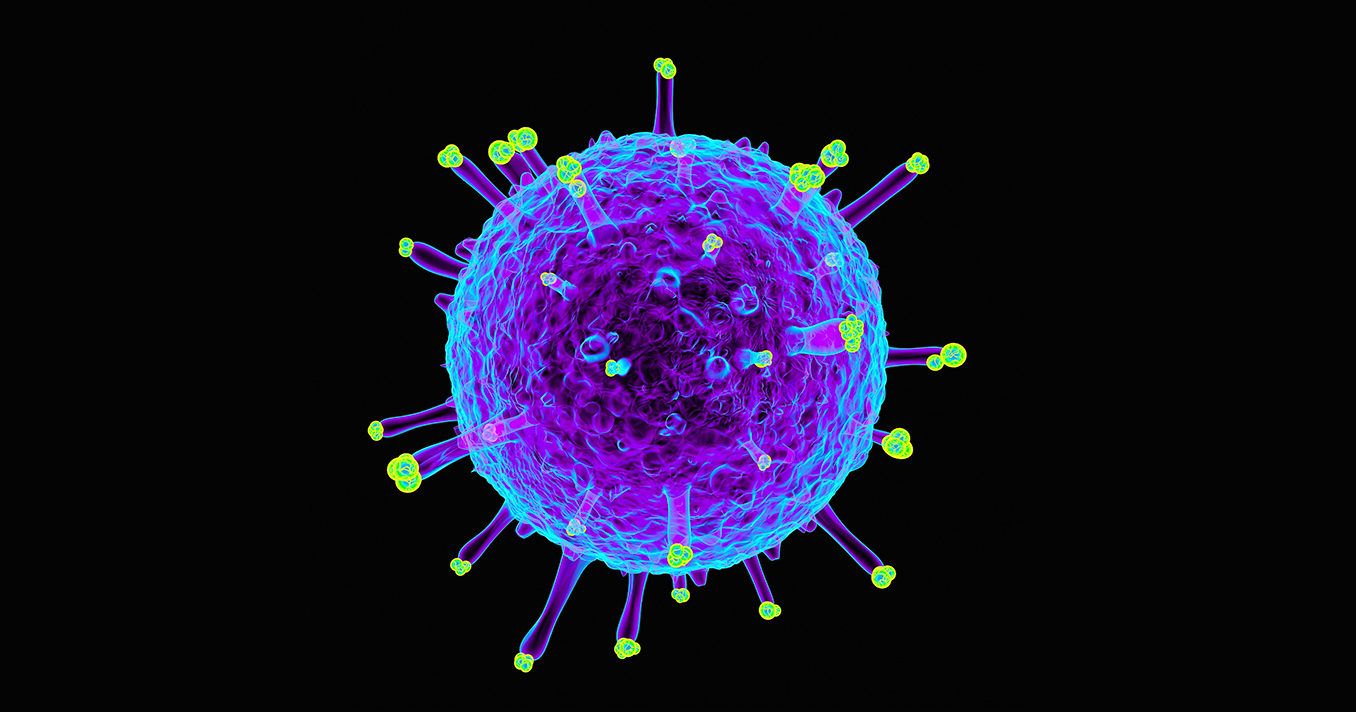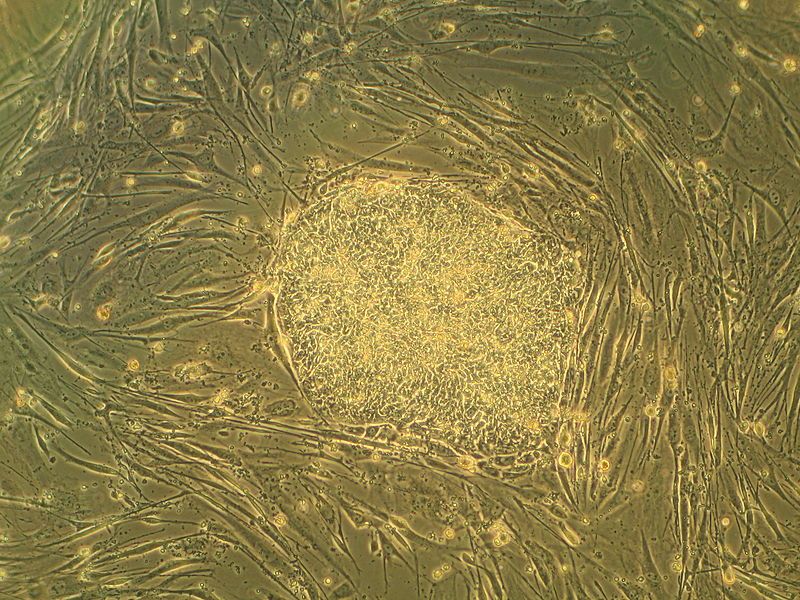THE genome is written in an alphabet of just four letters. Being able to read, study and compare DNA sequences for humans, and thousands of other species, has become routine. A new technology promises to make it possible to edit genetic information quickly and cheaply. This could correct terrible genetic defects that blight lives. It also heralds the distant prospect of parents building their children to order.
The technology is known as CRISPR-Cas9, or just CRISPR. It involves a piece of RNA, a chemical messenger, designed to target a section of DNA; and an enzyme, called a nuclease, that can snip unwanted genes out and paste new ones in. Other ways of editing DNA exist, but CRISPR holds the promise of doing so with unprecedented simplicity, speed and precision.

